Environment is one of the necessary and important criteria in the National Criteria for New Rural Development. Therefore, when implementing the New Rural Development program, Quang Ninh province always pays attention to environmental sanitation, contributing to changing the appearance of the countryside to become more spacious, clean and beautiful.
Realizing the importance of creating rural landscapes in building new rural areas, localities in the province always pay attention to protecting and improving the quality of the living environment, from which the rural appearance in many rural areas is increasingly renewed, people have formed habits, are responsible for protecting the environment, building clean and beautiful rural landscapes.

Transformation in thinking and perception
The implementation and achievement of environmental criteria in building new rural areas depends on many factors such as: Habits, living and production practices of local people, especially in remote areas, ethnic minority areas. As for villages and communes that have reached the finish line in building new rural areas, it is necessary to focus on maintaining the achieved results.

Therefore, localities have actively implemented the construction of model villages meeting NTM standards, model gardens meeting NTM standards, model NTM households with the motto "clean house, clean garden, clean road" associated with the movements "Green Sunday", "All people unite to build a cultural life"... to change people's thinking and awareness.
Coming to Lien Hoa commune (Quang Yen town), along the main road of the commune, in front of the sidewalk, or in front of each household, there is a blue plastic trash can with a lid. In the residential area, most people are conscious of putting trash in the right place, there is no littering on the road or sidewalk. Therefore, the roads are all airy and clean.
Mr. Le Quoc Viet, Party Cell Secretary, Head of Village 5, Lien Hoa Commune, shared: Thanks to the active participation of Party committees at all levels, commune authorities, and our village cadres, we have persistently encouraged each household not to leave garbage on the road, sidewalk, or in residential areas, to create the habit of throwing garbage in the right place; not to use plastic products such as nylon bags, plastic bottles; to collect and classify waste right at the household level. Along with that, we have responded to the model of "Greening trash cans", encouraging households to buy and place trash cans with lids along alleys and hamlets to replace plastic and styrofoam boxes without lids.

The commune's "Greening trash cans" model has received great support from local people. The model has changed people's awareness, helping them to be more responsible for the environment through small actions such as throwing trash in the right place, creating the habit of sorting trash right in each household. Up to now, trash has been sorted, and all households have put it in green trash cans with careful lids at every house and alley.
Ms. Pham Thi Bon (village 5, Lien Hoa commune) shared: Since implementing the model of "Greening trash cans" combined with waste classification right at home, my family members have completely changed their habits of using disposable plastic products, actively using environmentally friendly products and classifying organic waste such as leftover vegetable and fruit roots to compost into organic fertilizer has reduced the amount of waste released into the environment, creating a source of clean fertilizer for crops.
Synchronize multiple solutions
Rural environment is one of the difficult criteria in building new rural areas. To ensure environmental criteria, Quang Ninh focuses on investing in centralized waste treatment areas; investing in infrastructure for collection and transfer points for domestic solid waste in villages, hamlets, and communes; building models for treating domestic waste on a centralized scale, at commune, district, and inter-district levels, applying advanced, modern, and environmentally friendly technology.

Up to now, the province has 3/5 regional-level domestic solid waste treatment areas in operation; 9/13 district-level localities with invested incinerators have been put into operation, with a total of 19 incinerators, basically ensuring the need for domestic solid waste treatment. The hazardous industrial waste treatment and recycling plant (in Duong Huy commune, Cam Pha city) of TKV Environment One Member Co., Ltd. is licensed to operate by the Ministry of Natural Resources and Environment.
Some localities such as Ha Long, Ba Che, Co To… have implemented the 3R model (waste sorting at source) which has brought about efficiency in waste collection. Many environmental sanitation movements have been deployed and maintained in villages and hamlets, with the active participation of the people.
Of the 290,548 tons of waste generated each day in rural areas, 267.45 tons have been collected and treated. Livestock farms have been relocated far from residential areas and built to ensure environmental hygiene. 100% of livestock farms have environmental impact assessment reports or environmental protection plans approved by competent authorities; measures are applied to treat livestock waste and reduce greenhouse gases. Used pesticide packaging is collected and treated according to regulations.

The Fatherland Front and organizations promote the movements of "Green Sunday", "5 no, 3 clean", collect household waste; focus on implementing environmental landscape improvement, especially planting and caring for trees and flowers on commune roads, village roads, alleys, densely populated areas, commune and village cultural houses... Renovate mixed gardens associated with building new rural model gardens. Build models of wastewater collection and treatment, household models using technological works, using biological products to treat domestic wastewater; models of waste classification at source; models of collection, reuse, recycling into raw materials for organic waste, plastic waste...
Source




![[Photo] Prime Minister Pham Minh Chinh receives Mr. Jefferey Perlman, CEO of Warburg Pincus Group (USA)](https://vstatic.vietnam.vn/vietnam/resource/IMAGE/2025/4/18/c37781eeb50342f09d8fe6841db2426c)



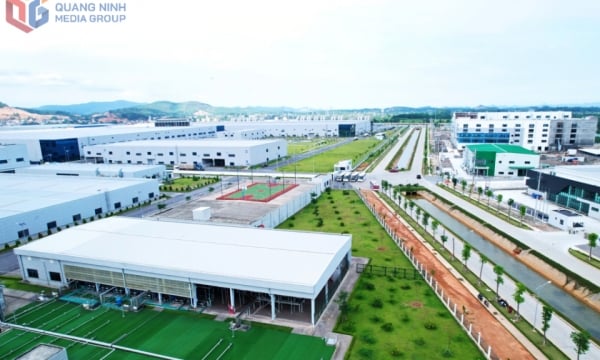
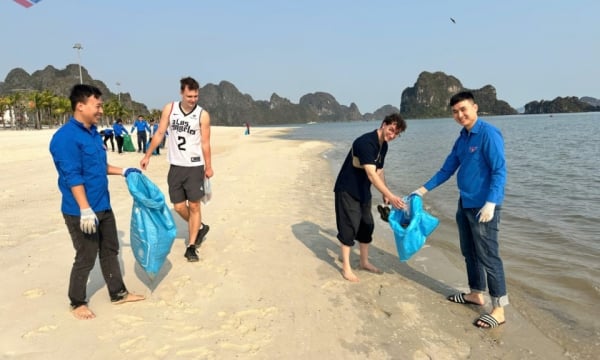
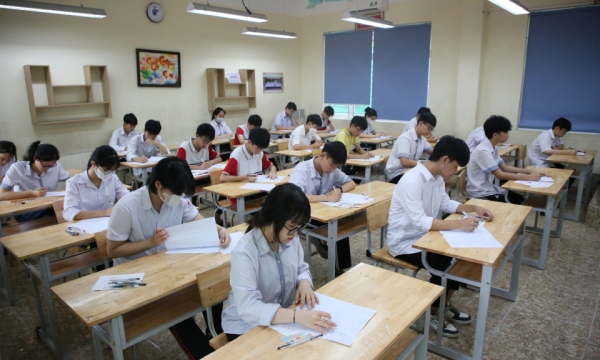
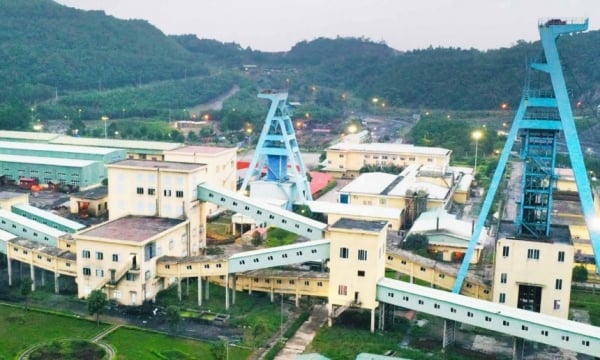
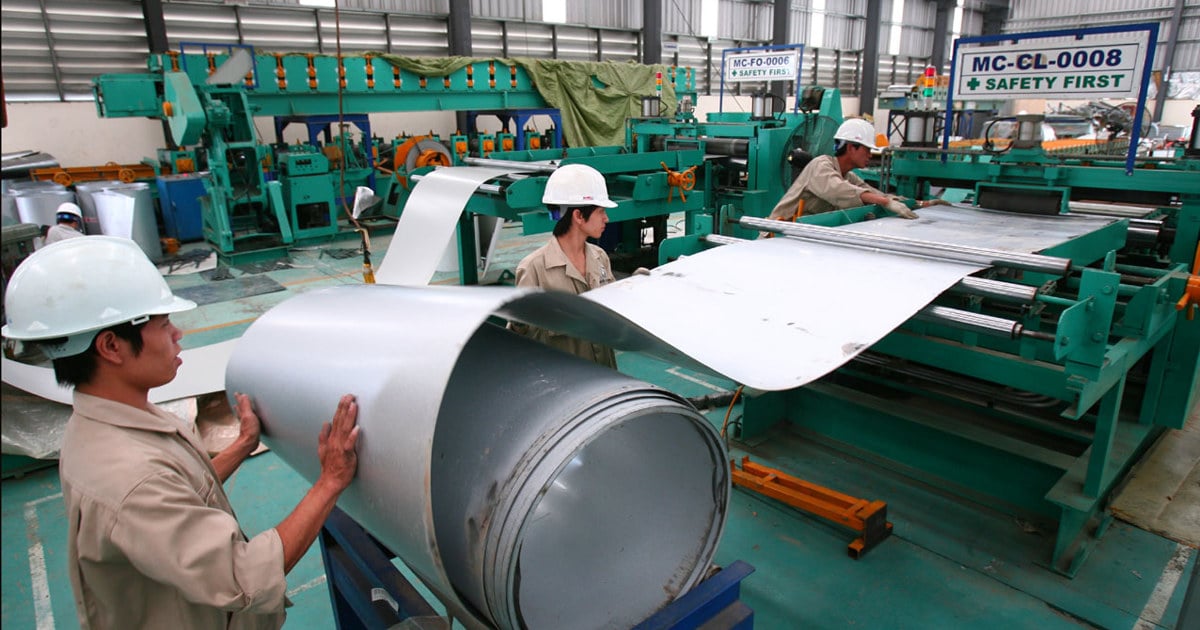

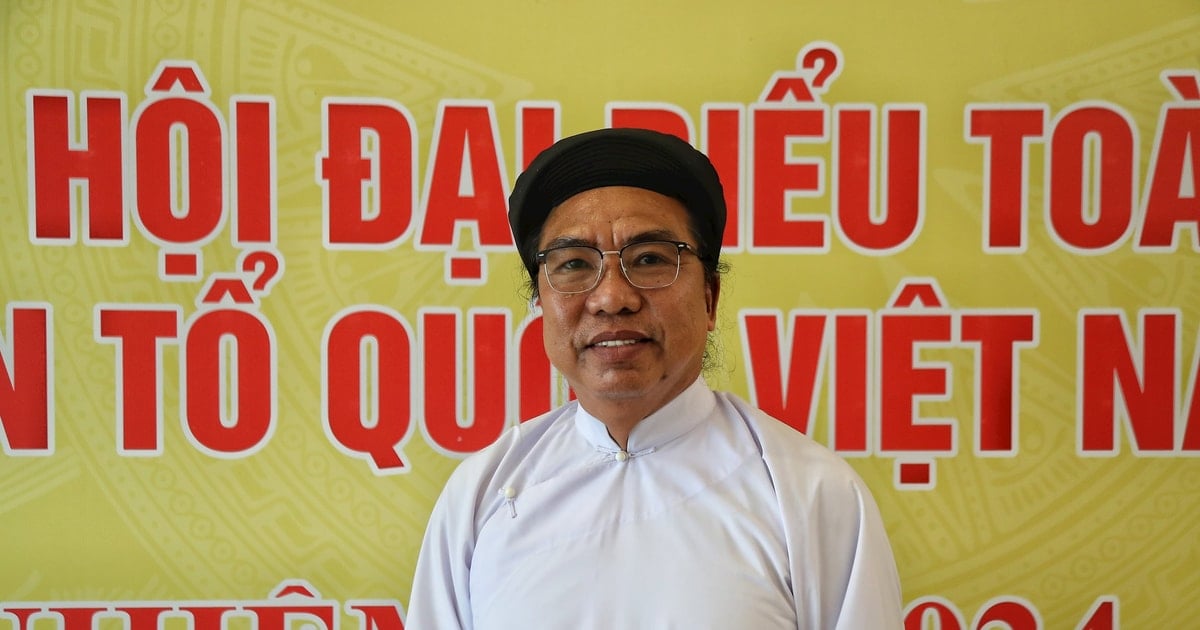





























































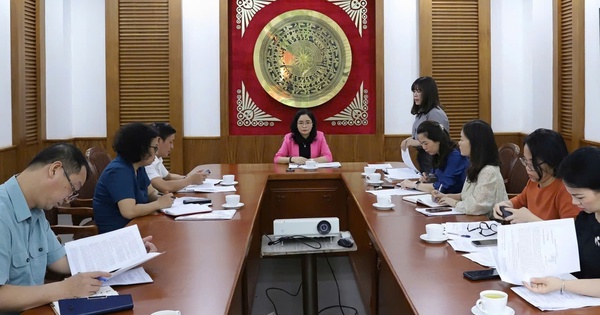






















Comment (0)